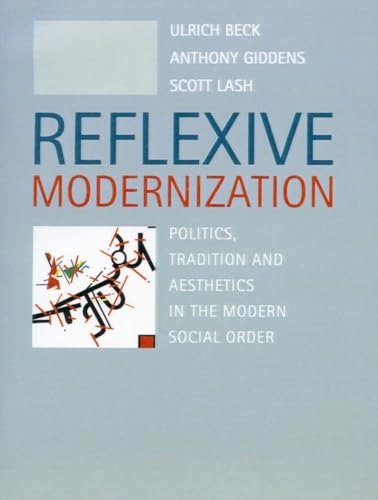

Reflexive modernization : politics, tradition, and aesthetics in the modern social order
- Utgiven: 1995
- ISBN: 9780804724722
- Sidor: 233 st
- Förlag: Stanford University Press
- Format: Häftad
- Språk: Engelska
Om boken
Åtkomstkoder och digitalt tilläggsmaterial garanteras inte med begagnade böcker
Mer om Reflexive modernization : politics, tradition, and aesthetics in the modern social order (1995)
1995 släpptes boken Reflexive modernization : politics, tradition, and aesthetics in the modern social order skriven av Ulrich Beck. Den är skriven på engelska och består av 233 sidor. Förlaget bakom boken är Stanford University Press.
Köp boken Reflexive modernization : politics, tradition, and aesthetics in the modern social order på Studentapan och spara pengar.
Referera till Reflexive modernization : politics, tradition, and aesthetics in the modern social order
Harvard
Oxford
APA
Vancouver



















